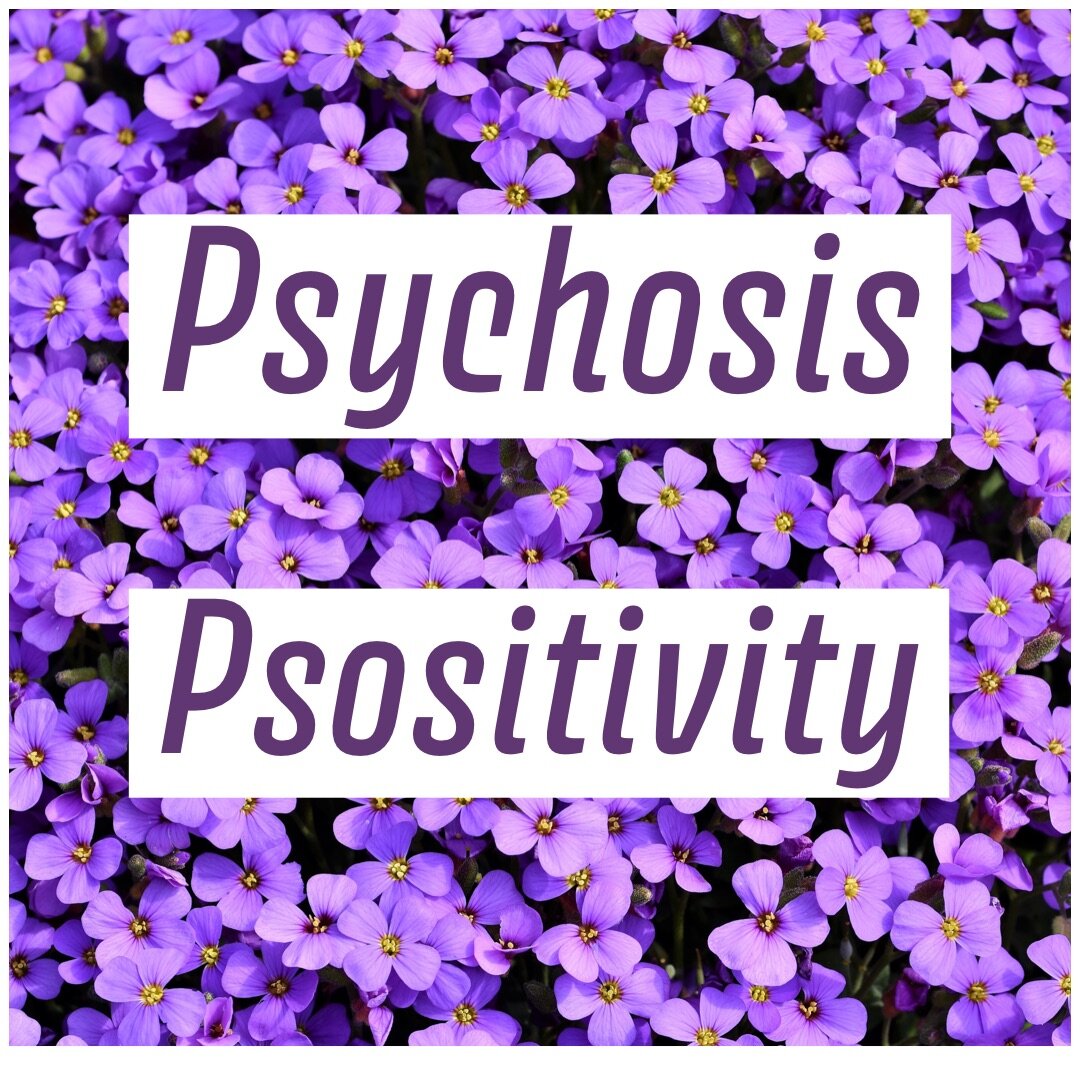Having An Eating Disorder Within The Context Of Schizophrenia & DID
Trigger Warning: Discussion of Eating Disorder, Child Abuse, Bullying, Delusional Thinking, and Self Harm
This week marks National Eating Disorder Awareness Week for 2022. Eating Disorders have been found to be more common among Schizophrenia Spectrum patients, with an association between Binge Eating and Antipsychotic usage (Sankaranarayanan et al, 2021). I personally struggled with various forms of Disordered Eating (DE) and acute phases of Eating Disorders (ED) for about 10 years, from the ages of 11-21. My experiences were related to my Schizophrenia, as well as the Dissociative Identity Disorder I experienced at the time.
How did I begin to develop an unhealthy relationship with food? The answer is, like everything in this subject, multifaceted. I am 24, I fall on the border of Gen-Z and the Millennial Generations, and as I was growing up I was exposed to the ends of the “Heroin Chic” trends of the 1990s and the skinny-idolization of the early 2000s. I remember buying jeans for the first time when I was in 7th grade, and the blow that trying on pair after pair of low-rise jeans took on me. I was very outcast at school, and at some point in Middle School, I developed the idea that if I was prettier, people would like me better, and I would be a better person. My first DE behaviors leaned towards restriction and compulsive exercise, and they also served as Delusional Safety Behaviors. Maybe the Voices will be nicer if I’m better. People won’t judge your thoughts as harshly if they like you better. You’re such a disgusting person for having these Voices, you deserve this.
Of course, I did not develop this idea entirely on my own. There was the bullying. I was overweight, and I was bullied terribly at school for my weight and my appearance in general. It’s astonishing what kids that young would say. My mother was also very cruel about my weight, to the point of being abusive in what she said. My mother was an in-and-out figure, often spending 24hours+ at a time in bed. I would often have to get food for myself for dinner at an early age, and she would often not speak to me except to criticize me. Often, the only positive or semi-positive time I could get from her was to have her take me to clothing or makeup stores. There would be arguments, sure, but it was something. My mother has Hoarding Disorder, and has a shopping addiction as a part of her condition. Growing up, going shopping with her was one of the main ways I could spend time with her. But it warped my mind in many ways, and it put me in situations where I was around a highly dysregulated caregiver frequently.
I am in remission from Dissociative Identity Disorder. I had 5 Alters, or Self-States, including myself. The Alters are parts of the self that where not able to come together (integrate), usually during development, because of Trauma and develop personality traits of their own. Once this division of the Self-States has been created, it can be replicated at later points in the life. I do not think it is at all surprising that one of my Alters was a 13-year old version of myself. This time represents the height of my restrictive ED and a period of extreme early Psychosis. I experienced a lot of Trauma at this point in time from my mother’s untreated mental health concerns as well as other factors in my life. This Alter became a Self-Harming Alter, taking over my body during g Self-Harming episodes during later adolescence; I would go into trances and have Amnesia, awaking with wounds on my body. When I went through my Acute treatment period as an adult, this Alter was harder for my Therapist, Ms. B, to reach than the others and showed resistance, but the release from her Integration brought a sense of inner peace that I find indescribable.
Being Schizophrenic and having DE/ED symptoms has been challenging, of course, but I want to speak to one aspect that was challenging and I really feel should not have been: seeking treatment. I developed active Bulimia during my first enrollment in University, and getting doctors or my Psychologist to take it seriously was so difficult. Even once I left school and began spiraling quickly, it was hard. My ED symptoms kept getting brushed aside. The ways that my ED was worsening my overall condition, such as worsening Paranoia and increasing stress-based Hallucinations, were just ignored. The only clinician that took these issues seriously was Ms. B! She and I were able to work together with my Self-Harming Alter, and improve my symptoms. My DE/ED symptoms improved rapidly upon Integration, but Ms. B still tracks how well I am doing in this area anyway and makes sure there is space for me to talk about any stress related to food, such as my GI disorders.
A case might be complex—YOUR case might be complex—but that doesn’t mean it’s not worth the effort to help the person and try and get them better. Psychotic people and people with Dissociative conditions have often had arduous backgrounds, but we still deserve a future.
Citation
Sankaranarayanan, A., Johnson, K., Mammen, S. J., Wilding, H. E., Vasani, D., Murali, V., Mitchison, D., Castle, D. J., & Hay, P. (2021). Disordered Eating among People with Schizophrenia Spectrum Disorders: A Systematic Review. Nutrients, 13(11), 3820. https://doi.org/10.3390/nu13113820
I Look Forward To Your Comments On The Instagram Post For This Post! @PsychosisPsositivity
